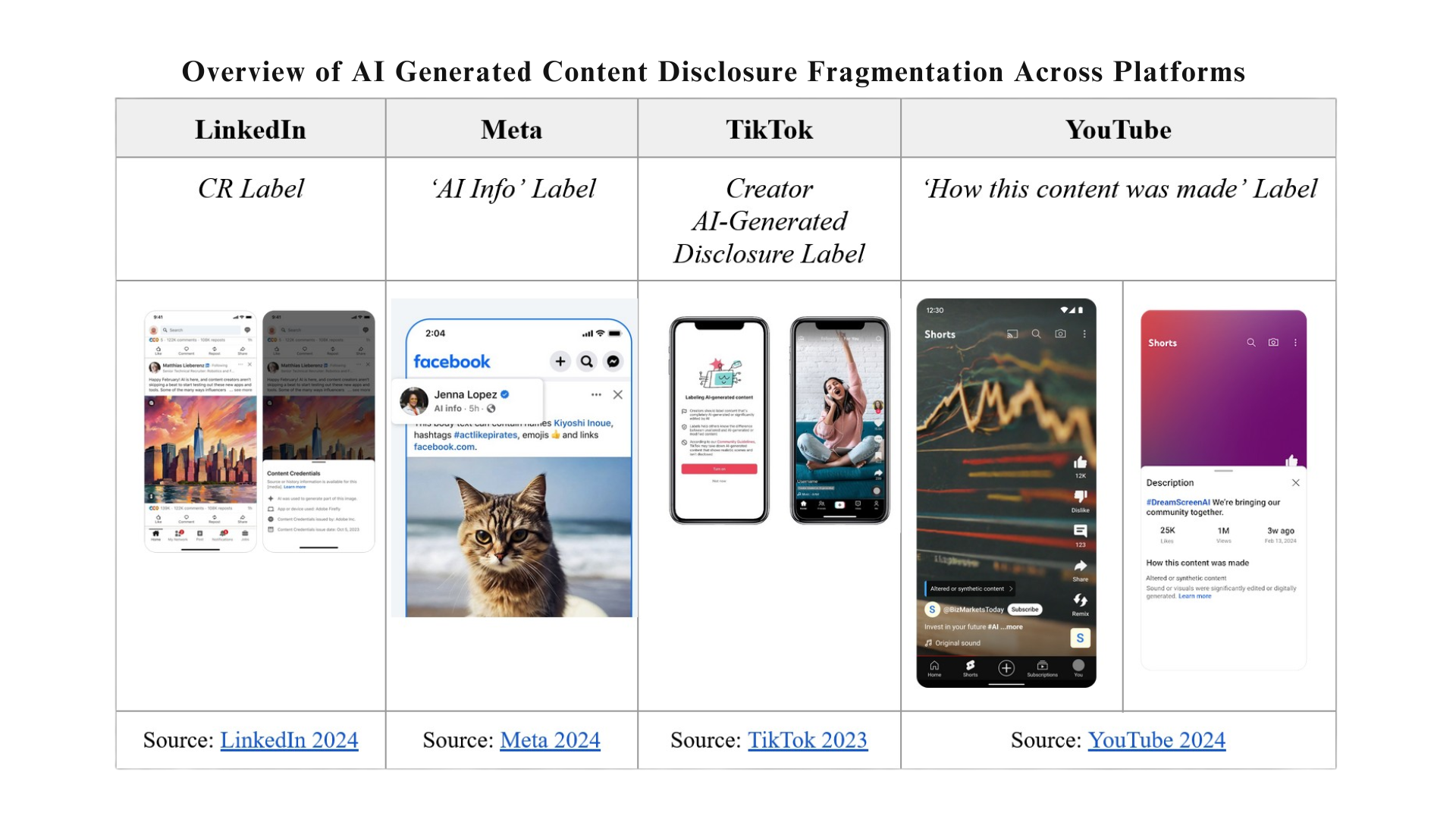Researcher
~
Trust & Safety Practitioner
~
Online Safety
~
Ethics of Technology
~
Media & Society
~
Digital Governance
~
Tech Policy
~
Researcher ~ Trust & Safety Practitioner ~ Online Safety ~ Ethics of Technology ~ Media & Society ~ Digital Governance ~ Tech Policy ~
Exploring how technology, media, regulation, and society all affect each other and what that means for
trust and democracy.
Originally from Ireland and now based in the Netherlands, I’m a researcher focused on the governance of digital technologies. My work explores how regulation, policy, media and design decisions shape what becomes visible, trusted, and influential in public life.
I’ve worked across industry, policy, and research (including roles at Bytedance/TikTok and the Global Disinformation Index), and have collaborated with civil society and regulators on issues of online safety, AI governance, and research access.
My current research seek to explore how political communication and visual media operate within emerging transparency and regulatory frameworks in the EU. Specifically, I’m interested in understanding how online communication influences polarisation, perceived social division, and the spread of extremist discourse.
My Research Focus
-
1. Transparency & Public Trust
As digital systems mediate ever more of public life, “transparency” has become a central ideal of accountability, but it’s also a contested one.
What, exactly, does “transparency” mean in digital contexts? How do AI disclosure labels communicate trustworthiness to the public? And can transparency mechanisms serve effective democratic oversight rather than procedural compliance?

-
2. Media, Technology & Epistemic Authority
Information production and circulation has become increasingly automated and de-localised. As a result, our sources of epistemic authority (that is, who we trust and empower to tell us what is true) have also shifted.
Key questions I seek to explore are:
- How do media technologies and algorithmic systems shape what we see, and critically, what we count as credible knowledge?
- How does the media’s framing affect public understanding and democratic discourse?
-
3. Digital Regulation & Governance
Regulation has become one of the primary tools through which societies try to hold technology to account. Yet laws like the EU’s Digital Services Act and the AI Act often raise questions of their own.
How can we meaningfully assess the effectiveness of such regulatory frameworks? What occurs in the translation between legislative ambition, platform implementation, and regulatory enforcement? And how can we ensure meaningful accountability rather than symbolic or technical compliance?

Selected Research
The Limits of Labelling: Transparency and Trust in Synthetic Media
As generative AI continues to transform how information is created and circulated, policymakers and platforms are increasingly turning to provenance and disclosure tools (such as watermarking or C2PA’s Content Credentials) to indicate when content has been AI-generated or AI-edited. This ongoing project examines the potential limits of such labelling regimes and interrogates whether the current transparency mechanisms foster meaningful public understanding or risk becoming procedural.
Address to the Oireachtas (Irish Government): Migration and Polarising Narratives
May 2019
Invited to speak before the Joint Oireachtas Committee on Justice and Equality on the topic of migration, I drew on my post-graduate research into media framing and securitisation to reflect on how harmful, polarised narratives influence public attitudes, policy, and social cohesion regarding migration.
Read more: Opening Statement on Migration and Securitisation
The Politics of Race and Memory in European Society
Published in EuropeNow Journal (December 2020)
This feature brings together sociologists Jean Beaman, Crystal Fleming, and political scientist Jennifer Fredette to examine how race, identity, and memory are negotiated across European societies. The back-and-forth discussion explores how narratives of belonging and exclusion are constructed in public discourse, and how the politics of remembrance and colonial pasts shapes contemporary democratic life.
Read more: The Politics of Race and Memory in European Society
The Challenge of Populism for Representative Democracy
Research Essay (2016)
An early piece that anticipated many of the democratic challenges visible today, I analyse how populist movements contest the norms and institutions of representative democracy. The essay explores how appeals to ‘‘Us-vs-Them’’ narratives and strategic instrumentalisation of grievances reshape expectations of political legitimacy, participation, and truth. These are all dynamics that foreshadow the information, trust and democratic crises now unfolding in the 2020s.
Read more: The Challenge of Populism for Representative Democracy



